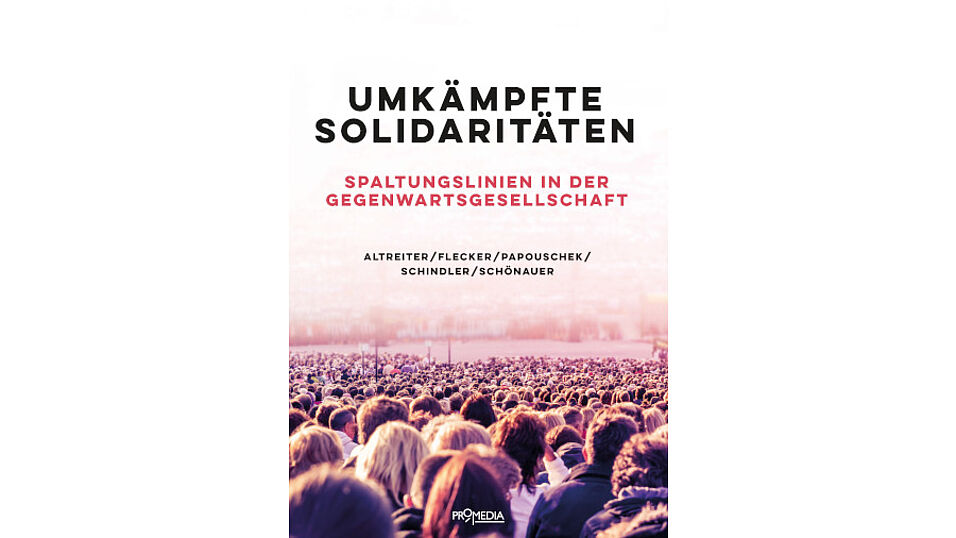Die AutorInnen des Bandes beschäftigten sich mit dem Wandel und der Komplexität von Solidaritätsvorstellungen. Lange Zeit war Solidarität eine Grundfeste der ArbeiterInnenbewegung und der politischen Linken. Ihr Begriff von Solidarität beruhte nicht auf Herkunft oder Nation, sondern auf Klasse. Seit kurzem beschwören auch rechte und rechtsextreme Parteien Solidarität. In ihrer Vorstellung geht es darum, die einheimische Bevölkerung vor vermeintlichen Bedrohungen von außen zu schützen. Die im Buch ausgewerteten Gespräche zeigen, wie stark differierende Blickweisen auf die Welt zustande kommen, die oftmals als Ausdruck gesellschaftlicher Spaltungen gedeutet werden. Dabei lassen sich verschiedenartige Muster feststellen, was Motive für Solidarität anlangt, aber auch, wo die Grenzen der Bereitschaft zur Unterstützung gezogen und welche Bedingungen daran geknüpft werden. Jenseits des vereinfachenden Bildes der Spaltung plädiert das Buch für ein differenziertes Verständnis von Trennlinien in der Gegenwartsgesellschaft.

